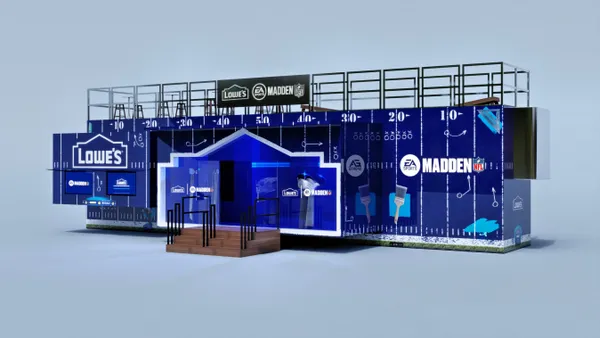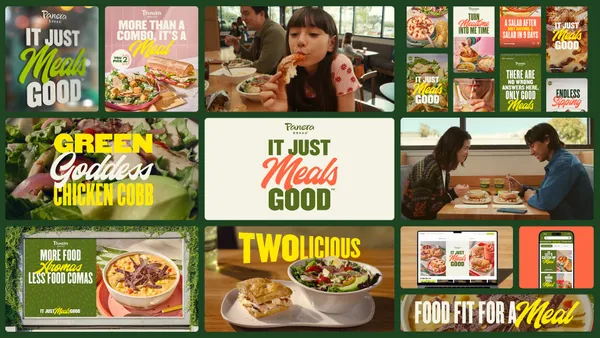Dive Brief:
- Momentum Worldwide has partnered with event-focused sustainability action group Isla on a solution that helps track and measure carbon footprints for clients in real time, per news shared in an email with Marketing Dive.
- The Interpublic Group-owned experiential agency is implementing the digital tool, called Trace, at the global level after earlier work in the U.K. Every event overseen by the shop, whether live or virtual, will apply Trace, the news release said. Momentum's goal is to reduce its carbon footprint by half by 2030, using 2019 figures as a baseline.
- Trace collects an array of information like carbon and waste data and material choices. These illustrate the environmental impact of events and inform reports that Momentum will put together to identify areas for improvement for brands while setting future benchmarks. Momentum, which just received new ISO environmental certifications for the business and event industries, sees an opportunity to reinvent its approach to be more eco-friendly as in-person gatherings start to bounce back.
Dive Insight:
IPG's Momentum joins the growing list of marketing services providers that are trying to keep closer tabs on their environmental footprint as concerns about climate change and pollution climb to the top of the agenda. Momentum has recently produced work for marketers like Verizon, General Motors and Walmart.
The move to adopt Trace at the global level comes as many in-person industry confabs and experiential marketing tactics return after years waylaid by the pandemic, a moment that serves as an opportunity to reassess what those occasions might look like.
"Sustainability is everyone's responsibility, and we need to embrace the role we can play in minimizing the footprint we leave on society and the environment. This partnership is a huge step toward making that a reality," Chris Weil, chairman and CEO of Momentum Worldwide, said in a press statement.
Selina Donald, Momentum's global sustainability director, is overseeing the Isla partnership around Trace. Donald also spearheads the unit's larger "Make it Matter" climate-action initiative that includes staff training programs and third-party supplier reviews.
The pandemic popularized hybrid and remote events and also helped underscore how much time and resources go into physical activations, whether that be for food and travel expenses or building temporary installations. A paper published in Nature suggests shifting to the virtual conferencing model could reduce the carbon footprint of the industry events space 94%. At the same time, platforms have been promising big things for the metaverse, a channel that blends the digital and real worlds together using tools like augmented/virtual reality that could be more eco-friendly.
With technology and familiarity with remote options reaching new levels of maturity, greater scrutiny could be cast toward real-world events and experiences on the sustainability front. That hasn't stopped them from returning in force with the pandemic seemingly in retreat.
South by Southwest will again be held in-person this year — and appears to be attracting a healthy turnout of marketers — while brands are dusting off their experiential playbooks. To promote new recyclable packaging and its move away from plastic rings, Coors Light earlier this month opened a "Future Mart" pop-up store. It was constructed from plastic-free and fully recyclable materials.















